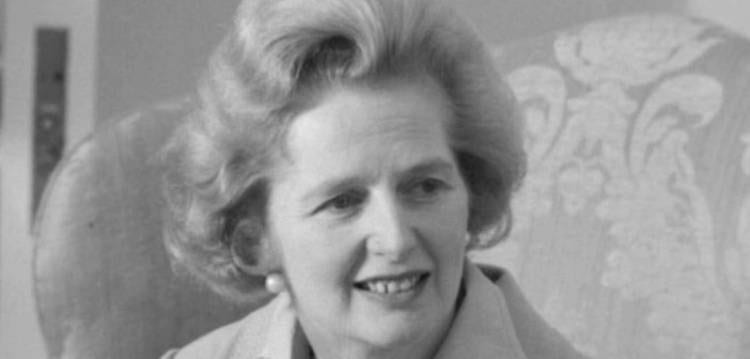Margaret Thatcher continues to divide the British people in death as she did in life. Her passing this week prompted some to celebrate her life and others to celebrate her death.
A debate over whether her statue should be erected outside of Parliament is occurring simultaneously with a dispute over whether she should be given a state funeral at all. In all fairness, she would see the £5 million ceremony as a waste of money. What causes such division surrounding her legacy?
Here are the divisive pros and cons of Margaret Thatcher’s time in office
Pros
-Against the advice of her advisors, she launched a successful war against Argentina after the Argentineans invaded the Falkland Islands.
– Through her friendship with Ronald Reagan, she created a global perception that the UK and the United States were equal world powers.
-Some of her privatization efforts have proved successful, for example, the privatization of British Telecom. There is no doubt that the privatization of public sector institutions has created a lot of government revenue over the last 30 years or so. It is thought that about £67 billion of revenue was raised between 1980 and 1997.
-She did put her money where her mouth was at times. In 1981, she was astounded by plans to spend £2,000 refurbishing Downing Street (The Prime Minister’s residence). Economical as ever, she turned down the plans and she even insisted on paying £19 for her own ironing board. In contrast, current Prime Minister David Cameroon has spent £680,000 renovating Downing Street.
-Home ownership increased hugely due to her council house projects.
-She was undeniably a strong leader, which was arguably required in that crossroads in British history.
Cons
-The wealth Thatcher brought was discriminatory and fleeting. She did indeed leave Britain “very, very much better,” but only for some. If you were in London, you were fine. While outside the south of the country- especially Wales, Scotland, and Northern England- struggled. Class divide widened hugely under her leadership.
-She left the economy in recession, with inflation, unemployment, and interest rates rising.
-The Poll Tax was a single flat-rate per-capita tax on every adult in the UK introduced by Thatcher. Opponents said the shift from a tax based on the value of a house to a tax based on the number of people living in it, discriminated against the poor. Many people refused to pay and the tax generated violent riots across the country. The detested tax was eradicated in 1993.
-She increased tensions in Northern Ireland when she allowed ten Irish hunger strikers to die. She increased the support and membership of the IRA (Irish Republican Army) and triggered violent protests across Northern Ireland.
-She abolished free milk for schoolchildren. This move lead to infamous headlines such as, “Margaret Thatcher, Milk Snatcher”.










